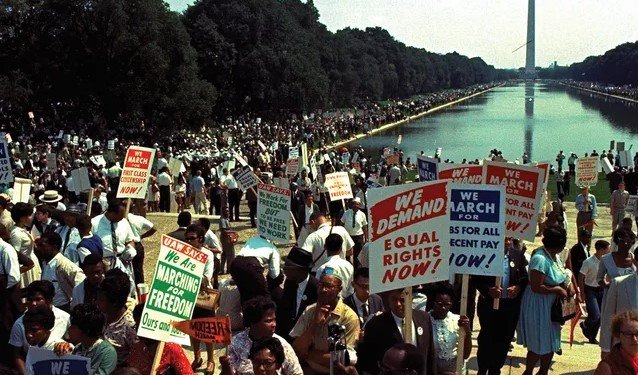The civil rights movement, a pivotal epoch in the annals of American history, continues to evolve. The struggle for equality and justice, once marked by marches and speeches, now unfolds in courtrooms and classrooms. This narrative captures the essence of the ongoing journey toward civil liberty and equality for all.
The Legal Arena: Battleground for Justice
The courts have long been arenas where civil rights battles are fought and won. Recent cases highlight the judiciary’s role in shaping the nation’s civil rights landscape. From landmark rulings on police immunity to decisions affecting the rights of marginalized communities, the legal system remains a cornerstone of civil rights advocacy.

The Fight Against Qualified Immunity
In a significant setback for police accountability, the City of Buffalo’s appeal to reinstate qualified immunity for officers involved in a violent encounter was denied. This ruling underscores the complexity of balancing law enforcement protections with the public’s demand for justice in cases of police misconduct.
Upholding the Rights of the Vulnerable
In a victory for transgender rights, a federal appeals court upheld a ruling against a Georgia county that failed to cover gender-affirming surgery for a sheriff’s deputy. This decision affirms the judiciary’s commitment to protecting the rights of transgender individuals against discrimination.
The Ongoing Battle for Racial Equality
The fight against racial discrimination persists, with recent cases highlighting the challenges faced by minority communities. A federal civil rights complaint in Melrose Public Schools over alleged racial bullying exemplifies the ongoing struggle against racism in educational institutions.
The Cultural Front: Shaping Perceptions and Policies
Civil rights are not only defined by legal precedents but also by cultural shifts. Artistic expressions and public commemorations play a crucial role in honoring civil rights leaders and educating the public about the movement’s history and its contemporary relevance.
Honoring the Elders and Activists
In Louisville, a new exhibit titled “In Our Elders’ Footprints” pays homage to Black elders and civil rights leaders. This tribute through art serves as a reminder of the sacrifices made and the progress achieved, inspiring future generations to continue the march toward equality.
The Role of Education in Civil Rights
Educational initiatives aimed at understanding civil rights history are essential in fostering a culture of inclusivity and respect. Programs that delve into the civil rights movement’s past help illuminate the path forward, ensuring that the lessons learned are not forgotten.
The Future of Civil Rights: A Path Forward
As the civil rights movement adapts to the challenges of the modern era, its core principles remain unchanged. The pursuit of equality, justice, and freedom continues to drive activists and advocates who stand on the shoulders of giants, pushing the boundaries of what is possible in the quest for a more equitable society.

Comments